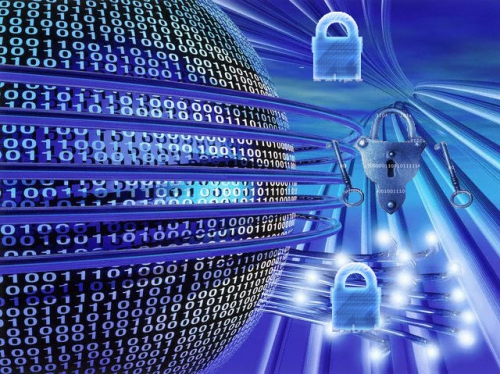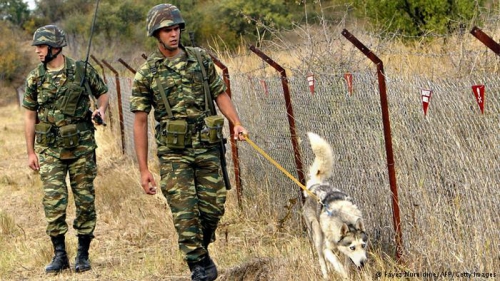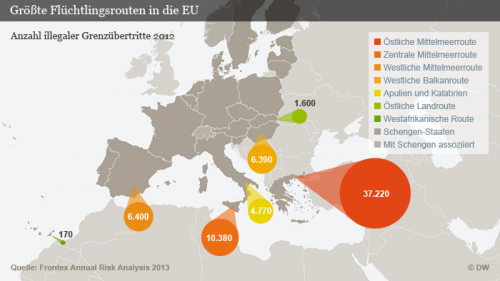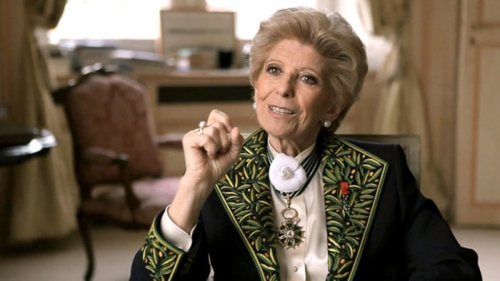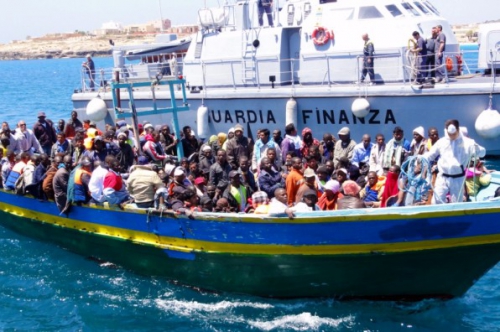Le club des cœurs brisés: six alliés dont l’Amérique doit se séparer
Auteur : Doug Bandow
Traduction Felicia Bufi RI
Ex: http://zejournal.mobi
Il est difficile de mettre fin à une mauvaise relation. Même si les bons moments sont passés et les connections qui vous faisaient vibrer se sont désormais dissipées, on a toujours du mal à admettre qu’il est temps de se dire au revoir.
Pour les pays c’est la même chose, surtout quand il s’agit des USA. Pendant des décennies Washington a tenté de se faire des alliés tout comme beaucoup de personnes se font des « amis » sur Facebook. Indépendamment des changements de circonstances, l’Amérique n’a quasiment jamais laissé tomber un allié. En effet, les représentants américains insistent sur le « renforcement » et « l’élargissement » des relations la où les liens sont moins forts.
A l’approche de la Saint-Valentin, l’administration Obama devrait porter un regard implacable sur la foule grandissante d’alliés américains et sur ceux qui voudraient l’être. Le moment est venu d’envoyer une lettre de rupture à une demi-douzaine de capitales étrangères.
Par où commencer? Il y a tellement de mauvais amis peu méritants.
Arabie Saoudite
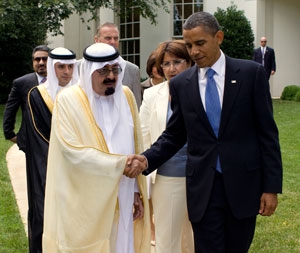 Quand il s’agit d’émettre des garanties militaires et de rédiger des rapports somptueux pour noter les nations, les représentants américains accordent beaucoup d’importance aux valeurs partagées. Personne ne peut se méprendre sur les seuls points communs entre l’Arabie Saoudite et l’Amérique, voir le commerce du pétrole et les ennemis occasionnels tels qu’Oussama Ben Laden.
Quand il s’agit d’émettre des garanties militaires et de rédiger des rapports somptueux pour noter les nations, les représentants américains accordent beaucoup d’importance aux valeurs partagées. Personne ne peut se méprendre sur les seuls points communs entre l’Arabie Saoudite et l’Amérique, voir le commerce du pétrole et les ennemis occasionnels tels qu’Oussama Ben Laden.
Il n’est toutefois pas indispensable d’être alliés pour coopérer quand les intérêts des deux nations coïncident. Les Saoudiens doivent vendre du pétrole pour survivre et ils sont prêts à encaisser n’importe quel chèque, ami ou ennemi. Et lorsque la monarchie est menacée, elle répond avec vigueur, sans pitié et sans aucune pression extérieure.
Quand il s’agit de valeurs, Riyad est synonyme de terrible embarras pour les États Unis. Fondamentalement totalitaire, la monarchie pille le peuple, brutalise l’opposition politique, réprime l’expression religieuse et exporte la tyrannie sunnite aux pays voisins comme le Bahreïn. Dans le cadre d’une des sociétés les moins libres au monde le feu roi Abdallah était salué comme étant modéré et modernisateur. Son successeur le roi Salman semble déterminé à freiner voire inverser ce minuscule progrès des deux dernières décennies.
C’est le moment d’envoyer un message de rupture à Riyad. Bien sûr, les deux gouvernements peuvent continuer à coopérer si nécessaire. Toutefois, les visites présidentielles en signe de révérence respectueuse envers le trône saoudien ne devraient plus avoir lieu, tout comme les rencontres intimes à la retraite présidentielle. L’armée américaine ne devrait plus être traitée comme le garde du corps peu onéreux de la famille al-Saoud, prêt à exécuter les ordres de Riyad.
Corée du Sud
Si jamais il devait y avoir une alliance même non pertinente étant donné les circonstances, se serait pour l’Amérique une garantie de défense de la République de Corée. Les deux nations partagent quelques valeurs, du moins depuis que Séoul est devenue une démocratie, et ce malgré le soutien de Washington aux dictateurs de la Corée du Sud qui remonte à bien longtemps. Les vastes liens culturels, économiques et familiaux vont de toute manière perdurer peu importe la sécurité de la relation.
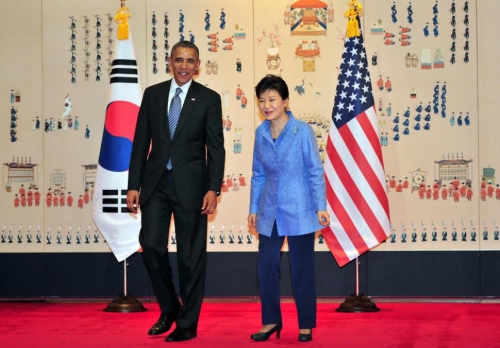
Les USA ont été entraîné dans une guerre en Corée non pas à cause de l’importance stratégique propre à la péninsule (même le Gén. Douglas MacArthur exclut l’importance géopolitique du territoire), mais plutôt du fait que Washington portait une part de responsabilité dans la guerre ayant partagé la péninsule avec les Soviétiques et ayant refusé d’armer le jeune État. Quant à la sécurité, les responsables politiques ont interprété à tort l’attaque de la Corée du Nord comme un coup bien calculé de Joseph Staline, en y voyant probablement un prélude d’une attaque à l’Europe.
Les troupes américaines furent alors appelées sur la péninsule jusqu’à ce que le Sud gagne la stabilité politique et le développement économique. Cependant, dans les années ’80 l’économie de la République de Corée devança celle de la Corée du Nord. Dans les années ’90 Séoul adopta la démocratie; cela ne laissa pas les alliés de la guerre froide du Nord dans l’indifférence. De fait, ni la Russie ni la Chine n’envisagèrent d’offrir leur soutien à la Corée du Nord pour une nouvelle attaque. La Corée du Sud détient à présent 40% du pouvoir économique, 20% des frontières, une ample supériorité technologique ainsi que un large soutien diplomatique.
La dépendance de la Corée du Sud des aides américaines à la défense est semblable au soutien que Washington implore à l’Europe contre le Mexique. Il est vrai que le Sud est capable de se défendre seul. Certains américains imaginent même que Séoul puisse rejoindre une grande alliance afin de contenir la Chine. Mais les sud-coréens doivent être inconscients de transformer cette grande puissance voisine en ennemi permanent en prenant le parti de Washington dans les désaccords de moindre importance pour la République de Corée (Taïwan, les îles Spratleys et Senkaku). Des formes de coopération alternatives telles que le partage de renseignements seraient avantageuses mais pourraient être menées sans un « Traité de défense mutuelle » et n’auraient de mutuel que le nom.
Irak
L’invasion de l’administration Bush en Irak se basait sur un certain nombre d’illusions comme la présence d’armes de destruction massive. Les américains se faisaient des illusions quant à la naissance d’une démocratie irakienne libérale et tolérante et quant à la reconnaissance d’Israël. Ils croyaient également recevoir des bases militaires pour les utiliser contre l’Iran chiite et que les Irakiens se joindraient à la grande marche vers un futur progressiste et social. Ce ne fut hélas qu’un long cauchemar, de drôles de fantasmes qui coûteraient la vie à 4500 américains et à plus de 200000 irakiens.
Le résultat fut à l’inverse la montée de l’État islamique. Les USA provoquèrent une guerre sectaire en se débarrassant du dictateur laïc Saddam Hussein. Les Chiites prirent finalement la domination politique avec violence en poussant les sunnites à se tourner vers l’État islamique à la recherche de protection. Washington fit son retour dans la guerre en se mettant en détresse au nom d’un allié symbolique.
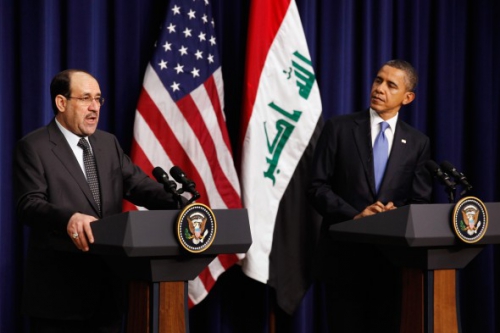
Il est fort improbable que ces deux pays puissent partager des valeurs. L’Irak manque de traditions démocratiques, d’institutions civiques et de philosophie de la tolérance. Certes, cela ne signifie pas qu’il n’y a aucun intérêt à aller vers une société plus libérale. Toutefois les réactions publiques en Amérique et en Irak restent fort différentes et ne sembles pas prêtes à vouloir converger.
Il n’existe même pas de véritable accord stratégique. Les relations entre Bagdad et l’Iran seront toujours celles du cœur, tandis qu’avec l’Amérique ce seront celles des intérêts. Les autorités chiites sont allées trop loin et risquent de perdre leur pays. Appelez les Américains! Le pouvoir menaçant l’État islamique d’Irak ne met pas l’Amérique en danger. Bagdad a mêlé les USA à une guerre sectaire au nom des chiites radicaux qui continuent encore à massacrer des irakiens sunnites.
Il vaut mieux garder un rapport purement transactionnel. Et si les USA devaient fournir des armes ou entrainer des militaires irakiens? Ça dépend si cela aurait du sens à ce moment-là et dans cette circonstance-là. Il faut coopérer quand cela peut être utile, dans le cas contraire il vaut mieux garder ses distances car il ne devrait pas y avoir de prétexte pour entretenir une relation d’alliance prolongée.
Le trio Baltique
L’Estonie, la Lettonie et la Lituanie sont mal entourées. Ayants fait partie pendant longtemps de l’Empire Russe et ensuite ayant été englouties par l’Union Soviétique après une brève période d’indépendance, elles vivent maintenant dans la crainte et dans l’ombre de Moscou. À présent elles demandent la présence des troupes de l’OTAN, voire des forces américaines et veulent être incessamment « rassurées » sur le fait que Washington soit prête à entrer en guerre pour les défendre.
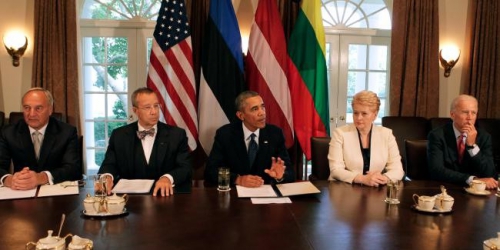
L’élargissement de l’OTAN aux pays baltes est un bon exemple de comment Washington a oublié ce que les alliances devraient être. La plupart des pays choisissent des alliés afin de renforcer leur propre sécurité. Suite à la Seconde Guerre Mondiale, les États Unis craignaient la domination soviétique sur l’Eurasie et créèrent l’OTAN à utiliser comme un bouclier derrière lequel les pays de l’Europe occidentale pouvaient renaitre.
Cette politique fonctionna, peut-être même trop, vu que les membres européens de l’alliance choisirent de ne pas dépenser grand-chose pour les États Unis même après s’être remis et que l’économie ait rebondi. Avec la fin de la Seconde Guerre Mondiale il n’était plus nécessaire d’élargir cette alliance qui n’avait plus aucune raison d’être. Les problèmes liés à la sécurité auraient pu être traités par les européens, donc soit par une alliance continentale qui aurait succédé à l’OTAN, soit dirigée par l’Europe même. L’arrivée des pays baltes fut un exemple spectaculaire de comment l’incorporation de pays dont la sécurité est un véritable « trou noir » ne fait que fragiliser les pays à capacité militaire réduite, tout en renforçant les conflits avec la Russie.
Jusqu’à présent l’Estonie est la seule à répondre aux 2% du PIB recommandés par l’OTAN qui en soi est un taux dérisoire pour un pays craignant l’invasion de la grande puissance voisine. La Lettonie et la Lituanie en sont à la moitié du taux mais espèrent pouvoir atteindre elles aussi les 2%. Les pays baltes seraient tout de même ravis si l’Amérique pouvait placer quelques troupes les long de leurs frontières pour les protéger, même si ils sont bien conscients du fait qu’elle est fort occupée un peu partout dans le monde.
Ce ne serait pas raisonnable de chasser les pays baltes de l’OTAN, même si alors le véritable problème de l’Amérique serait l’OTAN et non pas ses membres. Washington devrait alors laisser tomber l’alliance et ne pourrait sceller que des accords de coopération militaire plus restreints avec l’Union européenne et avec les pays européens ayant les bases militaire les plus puissantes et importantes. Il est inutile de dire que ni l’Estonie, ni la Lettonie, ni la Lituanie ne seraient sur cette liste.
Philippines
Les États Unis ont longtemps entretenu une relation tumultueuse avec cet état semi-échec du Pacifique. Dans un premier moment les États Unis se sont emparés des Philippines comme faisant partie du projet d’expansion impérialiste de William McKinley vers la Chine. L’Océan Pacifique était de fait la tribune politique de l’impérialisme, voir la suite des revendications du grandiloquent Sénateur Albert Beveridge. Les USA ont dû réprimer un puissant mouvement d’indépendance très actif contre l’Espagne coloniale. Près de 200.000 philippins moururent dans ce premier exemple de promotion de la « démocratie ».
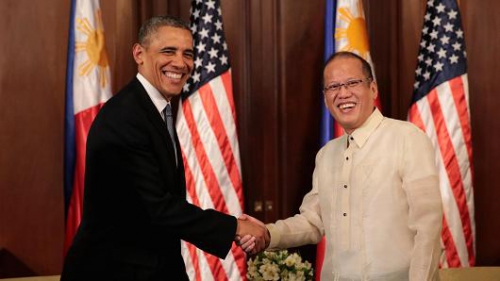
Ayant l’indépendance finalement accordée, le pays s’est vu envahi pendant la Seconde Guerre Mondiale par le Japon. Depuis leur libération, les Philippines sont passées de la dictature à une démocratie corrompue et incompétente et autres curieuses combinaisons, comme l’armée qui place un vice-président au-dessus d’un président. Le peu de stabilité que le pays avait, a été ébranlée par les perpétuelles insurrections menées par les groupes radicaux islamiques.
L’armée de Manila reflète ces bases imparfaites. Le Ministre de la défense se plaignait d’une flotte incapable de naviguer et d’une force aérienne incapable de voler. De fait, même leur vaisseau amiral est un vaisseau américain de seconde main. Mais les Philippines veulent à présent défier la Chine sur le récif the Scarborough ainsi que sur d’autres territoires de la mer de Chine méridionale.
Plus précisément, Manille souhaiterait que les USA s’en chargent. Quelques décennies après avoir fermé les principales bases militaires américaines et avoir chassé l’armée américaine du pays, les Philippines ont négocié l’an passé un accord sur le statut des forces (SOFA) pour rendre visite aux troupes américaines afin de mêler leurs amis superpuissants à la dispute maritime locale, d’aucun intérêt pour Washington. Les USA préféreraient que ces querelles régionales pour le territoire soient réglées pacifiquement. L’Amérique n’a aucune raison de se placer entre un pays qui n’agit jamais sérieusement pour son propre compte et un pouvoir croissant qui veut en faire trop. Chère Manille,…. C’est ainsi que devrait commencer la lettre rédigée par le Président Barack Obama.
Ukraine
Techniquement Kiev n’est pas un allié des USA, même si on ne le dirait pas à la façon dont l’administration américaine traite l’Ukraine, ou plutôt à la façon dont le troupeau de faucons néoconservateurs et hyper-nationalistes veut traiter l’Ukraine, ni de comment le gouvernement de Kiev souhaite être traité par l’Amérique.
L’histoire et la géographie n’ont pas été tendres avec l’Ukraine qui a longtemps souffert sous l’Empire Russe et sous l’Union Soviétique, ne jouissant que de brèves périodes de liberté, de moindre importance pour les américains. Même si pendant la Guerre Froide l’Ukraine était considérée comme une « nation en captivité », aucun stratège américain n’a jamais avancé l’hypothèse que le contrôle de Moscou sur ce pays impliquerait de laisser de côté d’importants intérêts vitaux. Kiev a été libérée beaucoup trop tard, il y a environ un quart de siècle
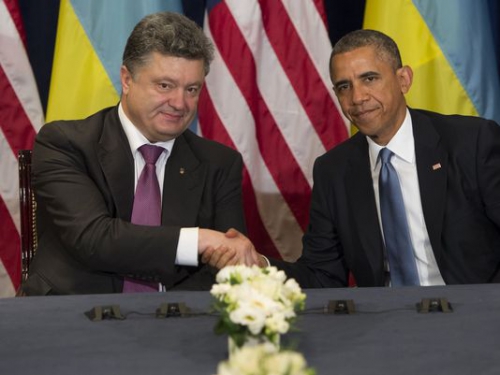
En 1994 les États Unis ont signé le Mémorandum de Budapest après que l’Ukraine se soit débarrassée des armes nucléaires. Mais l’accord n’offrait que des platitudes en promettant par exemple l’intervention des Nations Unies si une autre puissance menaçait Kiev avec les armes nucléaires. L’intervention de Washington en 2004 et 2005 a porté Viktor Yushchenko au pouvoir, mais malheureusement il s’est avéré être incohérent, incompétent et détaché de son propre peuple. La promotion que l’administration actuelle a faite du coup d’état de l’année dernière s’est retournée de manière catastrophique aussi bien contre l’Amérique que contre l’Ukraine, en amenant la Russie à séparer la Crimée et à reculer les séparatistes du Donbass.
Bien que les gens, tels que les peuples baltes, comprennent la raison qui pousse les Ukrainiens à vouloir que l’Amérique envoie sa cavalerie, Washington, elle, n’en a aucune. La lutte est tragique, complexe, un mélange entre guerre civile et intervention étrangère. Tout ce que le gouvernement accuse la Russie de faire, l’Amérique l’a fait aussi, y compris lancer une invasion, repousser les insurgés et déstabiliser les gouvernements. L’Ukraine n’est pas importante pour la sécurité des États Unis, certainement pas assez importante pour justifier un affrontement avec une puissance en possession d’armes nucléaires. L’Ukraine aura toujours plus d’importance pour la Russie qui est prête à payer plus et à prendre plus de risques pour prévaloir.
Les USA devraient indiquer clairement que Kiev ne fera jamais partie de l’OTAN et qu’il n’y aura jamais de troupes américaines en Ukraine. Washington ne fournira pas d’armes à l’Ukraine. Les intérêts économiques, culturels et humanitaires de l’Amérique pour l’Ukraine sont très limités. Même si dans le futur il y aura une relation bilatérale, ce ne sera pas une alliance.
Depuis que l’Amérique s’est convaincue d’être la plus grande puissance mondiale, elle a du mal à dire non. Peu importe les pays qui font appel à elle, que ce soit l’Albanie, la Roumanie, l’Afghanistan, le Monténégro, la Géorgie ou d’autres pays encore, Washington répond toujours par un oui. Oui à l’aide, oui aux armes, oui aux bases, oui aux promesses, oui à l’alliance.
Commencer à dire non n’est pas suffisant. L’Amérique devrait commencer à élaguer ceux qui dépendent d’elle. Après tout, sur Facebook on efface régulièrement les personnes avec qui on se dispute, de notre liste d’amis. Washington devrait commencer à se débarrasser des faux alliés car il est bien mieux d’accroître la sécurité américaine plutôt que d’élargir les engagements et les garanties aux pays faibles sans importance.
Doug Bandow est un Membre important du Cato Institute et ancien assistant du Président Ronald Reagan. Il est auteur et éditeur de plusieurs livres dont Foreign Follies: America’s New Global Empire.



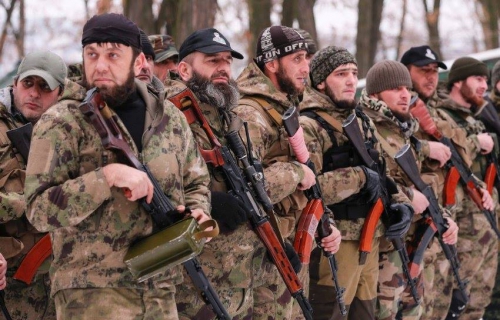
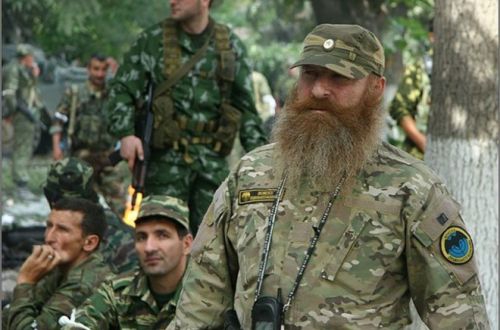

 del.icio.us
del.icio.us
 Digg
Digg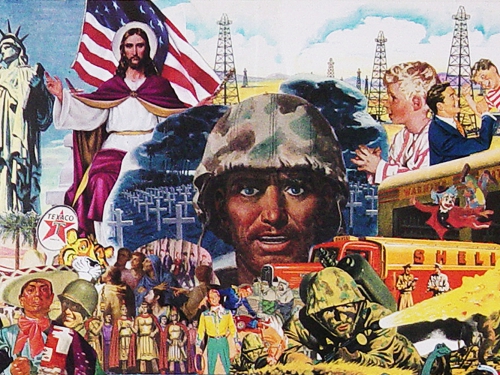
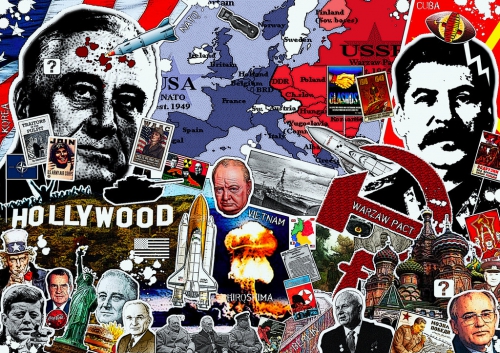
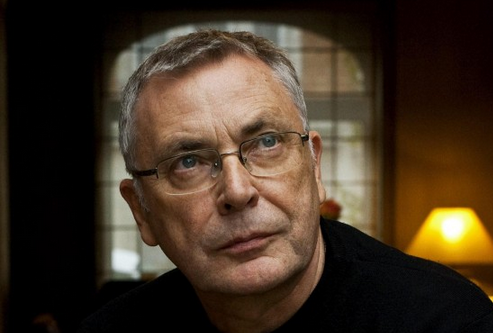
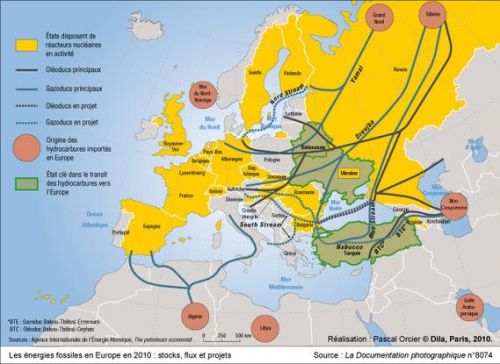
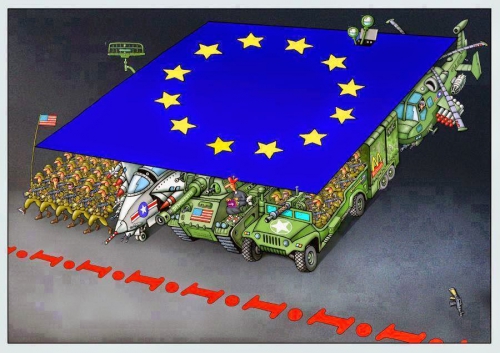
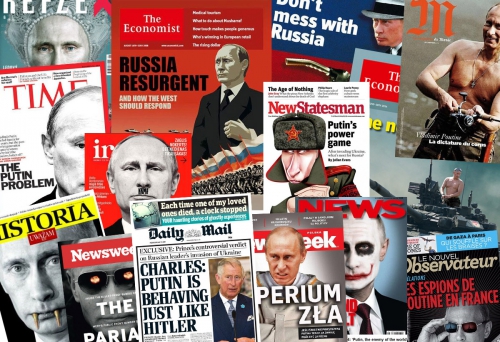
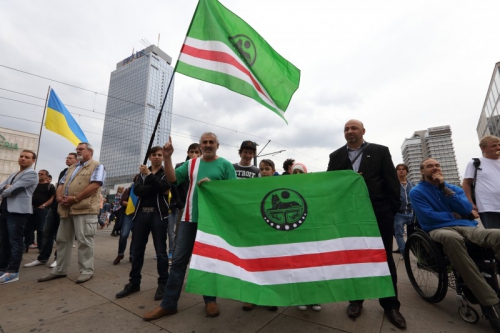
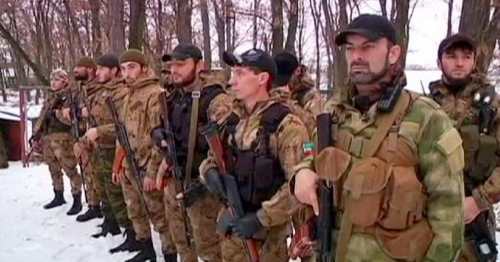
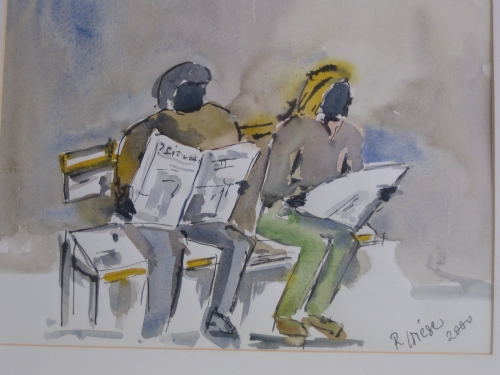

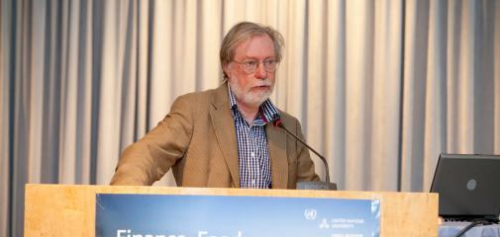
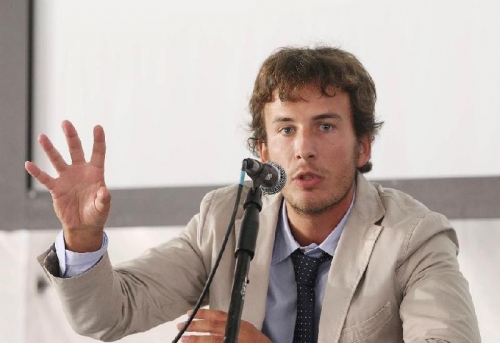
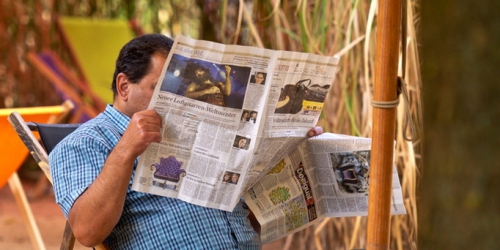
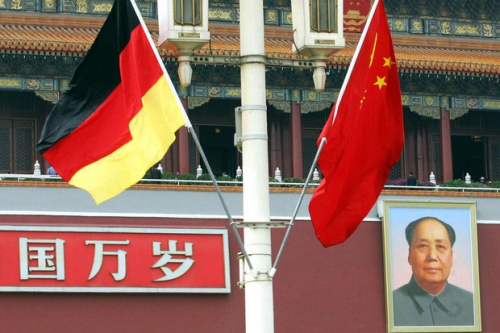
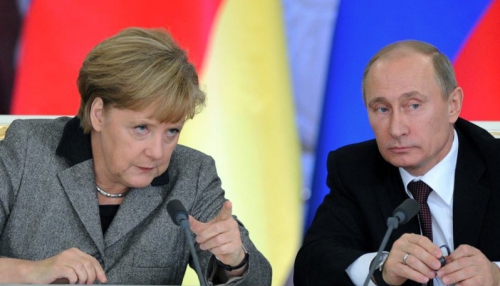
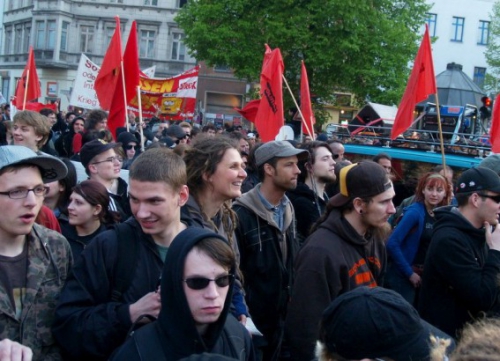
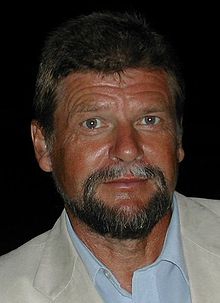 Die Publikation der
Die Publikation der 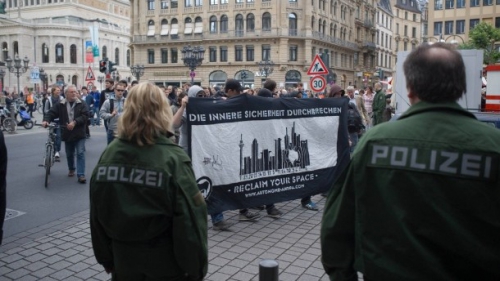

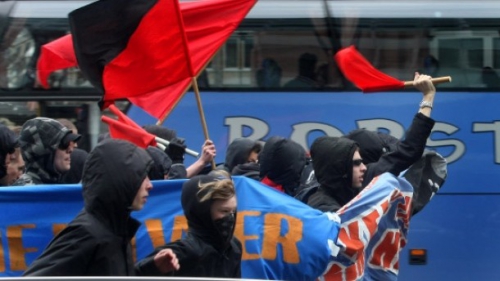
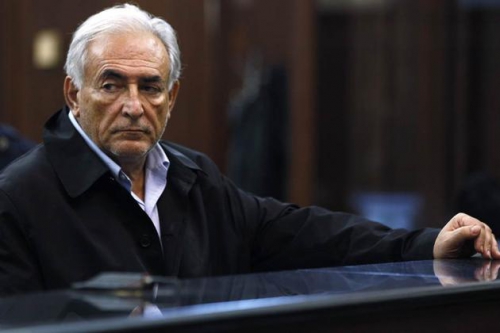


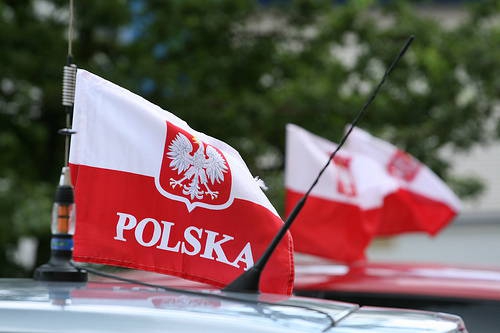
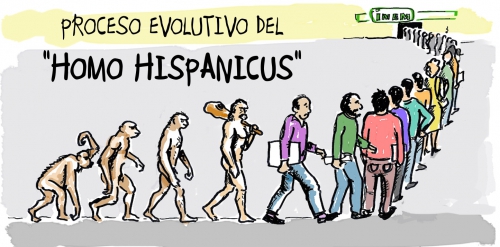
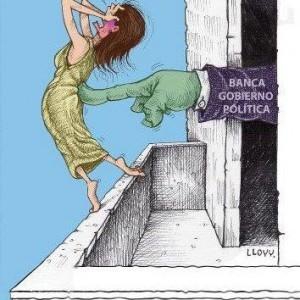 Pero toda decisión tiene consecuencias. Nuestros “nuevos derechos” individualistas, por desgracia, no conllevaron responsabilidades, y los pilares de nuestro futuro se resienten dramáticamente. Crisis demográfica irremediable (según el INE, España perderá más de 5 millones de habitantes en cuarenta años), destrucción del colchón familia (imparable reducción del número de matrimonios, más de la mitad en treinta años), endeudamiento masivo (la deuda sobre el PIB llegó al 96% en 2014, el doble que hace diez años), tasas de paro, especialmente juvenil, convertidas en estructurales (sobre el 20% de la población, el doble que hace un lustro), empeoramiento de las condiciones de trabajo (devaluación salarial masiva por medio de nuevos contratos más precarios, productividad siguiendo el modelo chino), sistema educativo obsoleto (desde el Informe Pisa a los índices de empleabilidad de los universitarios), crecimiento imparable de la pobreza (21,8% según Foessa); así como el afianzamiento de supuestas peculiaridades antropológicas, como que solo el 16% de los españoles defendería su país en caso de invasión (CIS), que seamos el segundo país más ruidoso del mundo (OMS), el primer país en consumo juvenil de drogas de Europa (Observatorio Europeo de las Drogas), de los primeros en consumo televisivo (Outbrain) y de los más bajos en lectura de libros (Gremio de editores), uno de los países más dependientes de fuentes de energía foráneas (Eurostat), con más agresión urbanística (casi el 50% del total de la costa mediterránea), con mayores tasas de violencia contra la mujer o con el aire más contaminado (95% de los españoles según el Informe de calidad del aire). Pese a ciertos actos altruistas o pulsiones solidarias, pareciese que nos diera igual nuestro país; sálvese quien pueda.
Pero toda decisión tiene consecuencias. Nuestros “nuevos derechos” individualistas, por desgracia, no conllevaron responsabilidades, y los pilares de nuestro futuro se resienten dramáticamente. Crisis demográfica irremediable (según el INE, España perderá más de 5 millones de habitantes en cuarenta años), destrucción del colchón familia (imparable reducción del número de matrimonios, más de la mitad en treinta años), endeudamiento masivo (la deuda sobre el PIB llegó al 96% en 2014, el doble que hace diez años), tasas de paro, especialmente juvenil, convertidas en estructurales (sobre el 20% de la población, el doble que hace un lustro), empeoramiento de las condiciones de trabajo (devaluación salarial masiva por medio de nuevos contratos más precarios, productividad siguiendo el modelo chino), sistema educativo obsoleto (desde el Informe Pisa a los índices de empleabilidad de los universitarios), crecimiento imparable de la pobreza (21,8% según Foessa); así como el afianzamiento de supuestas peculiaridades antropológicas, como que solo el 16% de los españoles defendería su país en caso de invasión (CIS), que seamos el segundo país más ruidoso del mundo (OMS), el primer país en consumo juvenil de drogas de Europa (Observatorio Europeo de las Drogas), de los primeros en consumo televisivo (Outbrain) y de los más bajos en lectura de libros (Gremio de editores), uno de los países más dependientes de fuentes de energía foráneas (Eurostat), con más agresión urbanística (casi el 50% del total de la costa mediterránea), con mayores tasas de violencia contra la mujer o con el aire más contaminado (95% de los españoles según el Informe de calidad del aire). Pese a ciertos actos altruistas o pulsiones solidarias, pareciese que nos diera igual nuestro país; sálvese quien pueda. Quand il s’agit d’émettre des garanties militaires et de rédiger des rapports somptueux pour noter les nations, les représentants américains accordent beaucoup d’importance aux valeurs partagées. Personne ne peut se méprendre sur les seuls points communs entre l’Arabie Saoudite et l’Amérique, voir le commerce du pétrole et les ennemis occasionnels tels qu’Oussama Ben Laden.
Quand il s’agit d’émettre des garanties militaires et de rédiger des rapports somptueux pour noter les nations, les représentants américains accordent beaucoup d’importance aux valeurs partagées. Personne ne peut se méprendre sur les seuls points communs entre l’Arabie Saoudite et l’Amérique, voir le commerce du pétrole et les ennemis occasionnels tels qu’Oussama Ben Laden.




